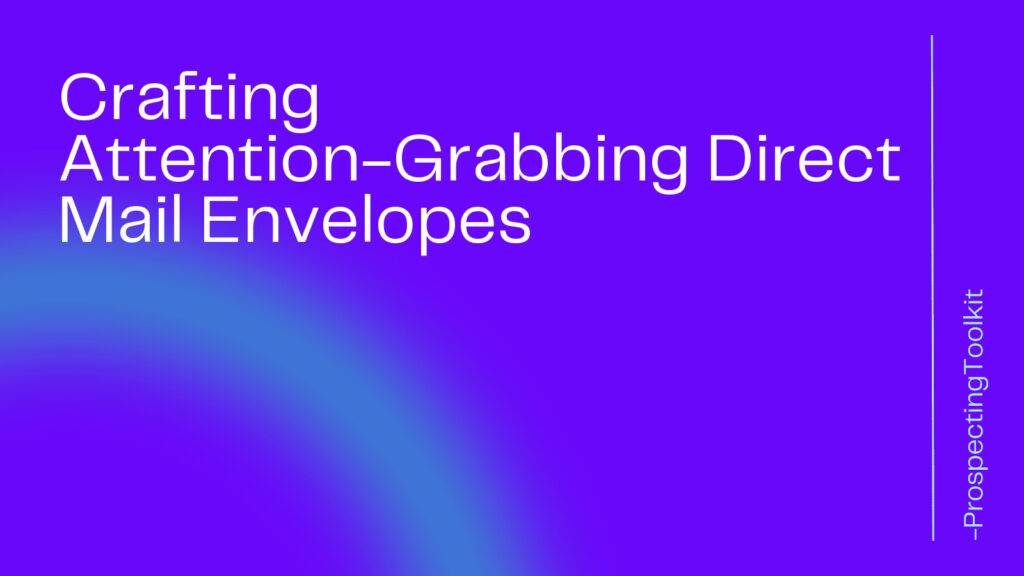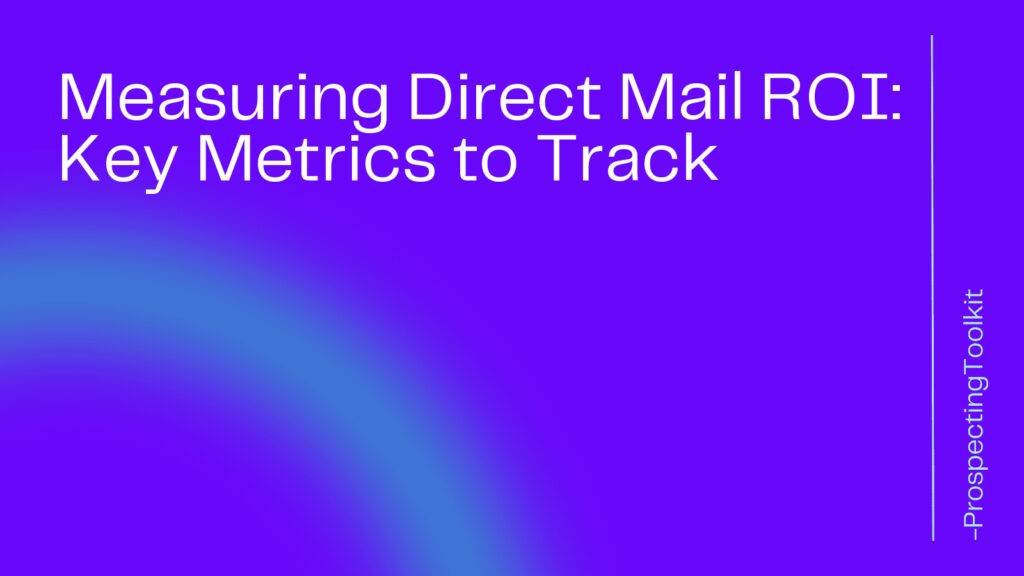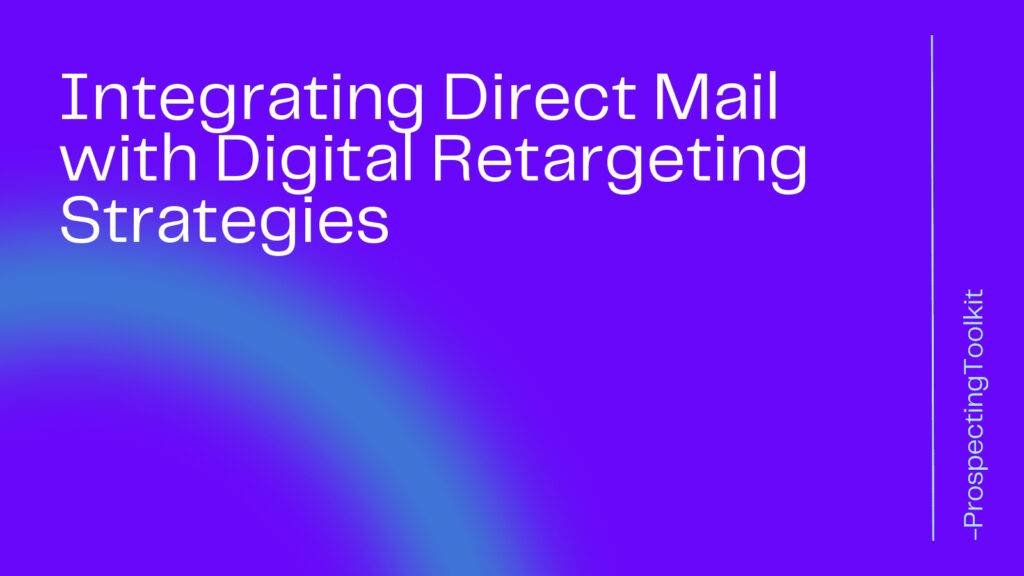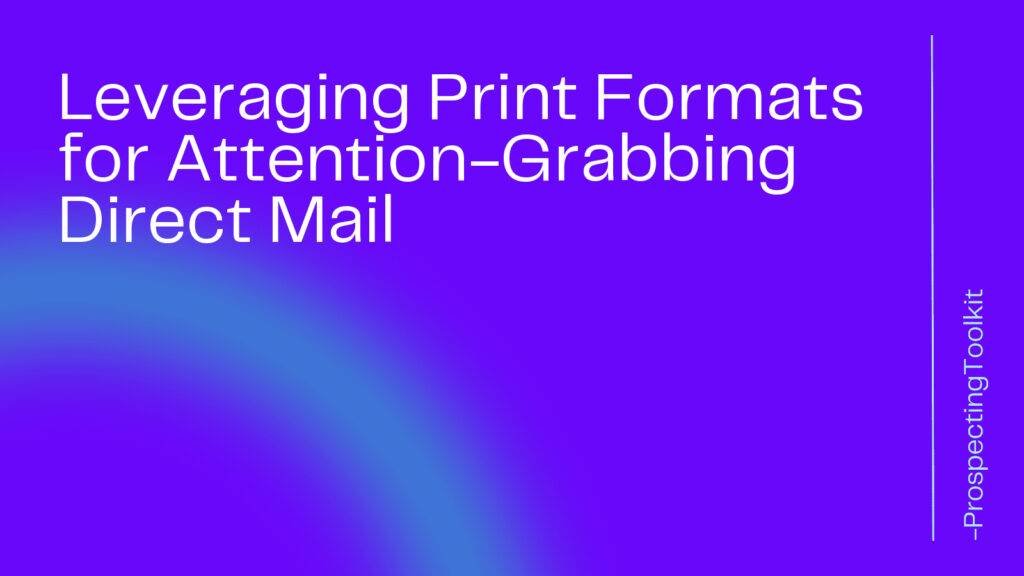Being a solopreneur comes with its own set of challenges and responsibilities, and one of the most important aspects to consider is understanding and managing your tax obligations.
Whether you are a freelancer, consultant, or run a small business on your own, it is crucial to have a solid grasp of how taxes work to ensure compliance and financial stability.
The importance of understanding and managing your tax obligations as a solopreneur
As a solopreneur, it is your responsibility to handle your tax affairs.
Failing to do so can lead to penalties, fines, and even legal consequences.
Here are a few reasons why understanding and managing your tax obligations is crucial:
- Compliance: By staying on top of your tax obligations, you remain compliant with the law. This not only helps maintain your professional reputation but also saves you from potential legal issues.
- Financial Planning: Understanding your tax obligations allows you to plan your finances more effectively. By accurately estimating and setting aside funds for taxes, you can avoid cash flow problems and have better control over your business’s financial health.
- Deductions and Credits: As a solopreneur, you may be eligible for various deductions and credits that can significantly reduce your tax liability. But to benefit from these tax-saving opportunities, understanding the rules and documenting your expenses properly is crucial.
Overview of self-employment tax and its implications
One essential aspect of being a solopreneur is understanding the concept of self-employment tax.
Self-employment tax is a combination of Social Security and Medicare taxes that self-employed individuals are required to pay.
It is important to note that sole proprietors, freelancers, and independent contractors are generally subject to self-employment tax.
The self-employment tax rate is currently set at 15.3%, which represents the combined Social Security tax of 12.4% and the Medicare tax of 2.9%.
However, solopreneurs can deduct the employer portion of these taxes, effectively reducing their taxable income.
To ensure compliance with self-employment tax requirements, solopreneurs need to file Schedule SE along with their annual tax return.
Schedule SE calculates the amount of self-employment tax owed based on the net income from self-employment.
In addition to self-employment tax, solopreneurs are also responsible for paying federal income tax and, in some cases, state and local taxes.
Proper tax planning and record-keeping are crucial to accurately calculate your taxable income and meet these tax obligations.
Understanding and managing your tax obligations as a solopreneur may seem overwhelming, but with the right knowledge and resources, you can navigate the tax landscape with confidence.
Consider consulting with a tax professional or utilizing specialized accounting software to ensure accuracy and maximize your tax benefits.
By staying informed and proactive, you can ensure compliance while minimizing your tax liability, ultimately contributing to the success of your solopreneur journey. [1][2][3][4]
Table of Contents
ToggleQuarterly Estimated Tax Payments
Explaining the requirement and significance of making quarterly estimated tax payments
Being a solopreneur comes with many benefits, but it also means taking on the responsibility of managing your own taxes.
One important aspect of this is making quarterly estimated tax payments.
These payments are required by the Internal Revenue Service (IRS) and are used to cover your federal income tax, as well as self-employment tax if applicable.
Paying quarterly estimated taxes is significant for a couple of reasons.
- It ensures that you stay compliant with the IRS and avoid penalties for underpayment. By making these regular payments, you are fulfilling your tax obligations throughout the year rather than waiting until the end.
- It helps you manage your cash flow more effectively. By spreading out your tax payments into four installments, you can avoid a large lump sum payment at tax time and better plan for your financial needs.
Consequences of failing to make timely and accurate payments
Failing to make timely and accurate quarterly estimated tax payments can have negative consequences.
If you underpay your taxes or miss a payment altogether, the IRS may charge you penalties and interest on the amount owed.
These penalties can add up quickly and impact your overall financial situation.
Additionally, failing to stay up to date with your tax payments can lead to added stress and potential financial hardship when tax season arrives.
Tips for staying organized and disciplined in managing estimated tax payments
Managing estimated tax payments can seem overwhelming, but with the right approach, it can become a more manageable task.
Here are some tips to help you stay organized and disciplined in managing your quarterly estimated tax payments:
- Set aside funds regularly: Designate a separate bank account or savings specifically for your estimated tax payments. Set aside a portion of your income regularly so that you can access the funds when it is time to make a payment.
- Keep track of your income and expenses: Maintain accurate records of your business income and expenses. This will help you calculate your estimated tax liability and ensure that you are paying the right amount.
- Use online tools and resources: Take advantage of online tax calculators and software to help you estimate your tax liability and stay on track. These tools can simplify the process and provide valuable guidance.
- Consult a tax professional: If you are unsure about calculating your estimated tax payments or have complex tax circumstances, consider consulting a tax professional. They can provide personalized advice and ensure that you are meeting your tax obligations correctly.
In conclusion, making quarterly estimated tax payments is a crucial responsibility for solopreneurs.
By understanding the requirements, staying organized, and being disciplined in managing these payments, you can avoid penalties, maintain compliance with the IRS, and effectively plan for your financial obligations. [5][6][7][8][9][10]
Deductions and Expenses for Solopreneurs
Understanding the deductions and expenses that can be utilized to reduce your taxable income
Being a solopreneur comes with its own unique set of challenges, and one of them is managing your taxes effectively.
Understanding the deductions and expenses that can be utilized to reduce your taxable income is essential for every solopreneur.
By taking advantage of these deductions, you can potentially save a significant amount of money.
Common deductions and expenses incurred by solopreneurs
There are several deductions and expenses that solopreneurs can claim on their tax returns.
Some of the most common ones include:
- Home office deduction: If you use a portion of your home exclusively for your business, you may be eligible to claim a deduction for your home office expenses. This can include a portion of your rent or mortgage, utilities, and other related expenses.
- Business-related travel expenses: If you travel for business purposes, you can claim deductions for expenses such as airfare, lodging, meals, and transportation.
- Office supplies and equipment: Expenses incurred for office supplies, furniture, computers, and other equipment necessary for your business can be deducted.
- Marketing and advertising expenses: Costs associated with promoting your business, such as website development, advertising, and marketing materials, are deductible.
- Professional fees: Fees paid to accountants, lawyers, and other professionals who provide services directly related to your business can be deducted.
Strategies for effectively tracking and documenting business-related expenses
To ensure that you can successfully claim deductions and expenses on your tax returns, it’s crucial to have a system in place for tracking and documenting your business-related expenses.
Here are some strategies to help you stay organized:
- Keep detailed records: Maintain a record of all your business expenses, including receipts, invoices, and bank statements.
- Separate business and personal expenses: Open a separate bank account and credit card specifically for your business to keep personal and business finances separate.
- Use accounting software: Consider using accounting software to track your income and expenses. This can help automate the process and make it easier to generate reports for your tax filings.
- Consult with a tax professional: Working with a tax professional who specializes in working with solopreneurs can provide valuable guidance and help ensure you are maximizing your deductions while staying compliant with tax laws.
Remember, it’s crucial to consult with a qualified tax professional to fully understand your specific tax situation and ensure you are taking advantage of all the deductions and expenses available to you as a solopreneur.
By properly tracking and documenting your business-related expenses, you can reduce your taxable income and potentially save money on your taxes. [11][12][13][14][15][16]
Penalties and Compliance
Overview of potential penalties and consequences for non-compliance with solopreneur tax obligations
Solopreneurs, also known as self-employed individuals, have unique tax obligations that they must fulfill to ensure compliance with the law.
Failure to meet these obligations can result in penalties and consequences.
It’s important for solopreneurs to understand the potential penalties they could face and take steps to avoid them.
- One common penalty is the failure-to-file penalty. If solopreneurs do not submit their tax returns by the deadline, they can incur significant fines. The penalty is generally calculated as a percentage of the unpaid tax, increasing each month the return is late.
- Another penalty to be aware of is the failure-to-pay penalty. This penalty is imposed when solopreneurs do not pay their taxes in full by the deadline. Like the failure-to-file penalty, the failure-to-pay penalty is also calculated as a percentage of the unpaid tax. Interest is also charged on the outstanding balance.
Additionally, solopreneurs who underreport their income or claim ineligible deductions can face accuracy-related penalties.
These penalties are based on the percentage of the understatement of tax and can result in substantial fines.
Tips for avoiding penalties and ensuring compliance
To avoid penalties and stay in compliance with tax obligations, solopreneurs can follow these helpful tips:
- Keep accurate and organized records: Maintaining detailed records of income, expenses, and receipts can help solopreneurs accurately report their income and claim valid deductions.
- Familiarize yourself with tax laws: Staying updated on tax laws and regulations specific to solopreneurs can ensure that you are aware of your obligations and eligible deductions.
- File and pay taxes on time: Meeting tax deadlines is crucial to avoid penalties. Consider using electronic filing and online payment options to ensure timely submission.
- Work with a tax professional: Consulting a tax professional who specializes in working with self-employed individuals can provide valuable guidance and assistance in managing your tax obligations correctly.
The role of tax professionals in assisting solopreneurs with tax planning and compliance
Tax professionals play a crucial role in helping solopreneurs navigate the complex world of tax planning and compliance.
They can provide expert advice on tax strategies, deductions, and credits that can minimize your tax liability.
A tax professional can also assist in preparing and filing your tax returns accurately and on time, reducing the risk of errors or penalties.
They can review your financial records, identify potential red flags, and ensure that you are taking advantage of all available deductions and credits.
Furthermore, tax professionals can help solopreneurs with tax planning throughout the year, helping them understand estimated tax payments and strategize for future tax obligations.
In summary, solopreneurs must be aware of the potential penalties for non-compliance with tax obligations and take proactive steps to ensure compliance.
By staying organized, familiarizing themselves with tax laws, and working with a tax professional, solopreneurs can avoid penalties and focus on growing their businesses. [17][18][19][20][21][22]
Conclusion
Recap of key points regarding solopreneur taxes
Being a solopreneur comes with a unique set of tax responsibilities and challenges.
Here’s a quick recap of the key points to keep in mind when it comes to solopreneur taxes:
- Understand your tax obligations: As a solopreneur, you are responsible for paying self-employment taxes, estimated taxes, and reporting your income accurately.
- Keep accurate records: Maintaining detailed records of your income and expenses is crucial for filing your taxes correctly and maximizing deductions.
- Separate business and personal finances: It’s essential to have separate bank accounts and credit cards for your business. This helps simplify your recordkeeping and makes it easier to track business expenses.
- Know your deductions: Take advantage of deductions that are specific to solopreneurs, such as home office expenses, business-related travel, professional development, and health insurance premiums.
- Stay informed about tax regulations: Tax laws and regulations can change, so it’s important to stay updated. Consult with a tax professional or use reputable resources to ensure you are complying with the latest tax requirements.
Importance of maintaining accurate records and staying informed about tax regulations
Maintaining accurate records and staying informed about tax regulations is crucial for solopreneurs.
By doing so, you can:
- Minimize the risk of an audit: Keeping accurate records helps you substantiate your income and expenses in case of an audit, reducing the chances of facing penalties and fines.
- Maximize deductions: By properly tracking your expenses, you can identify all eligible deductions and effectively reduce your taxable income.
- Plan for tax payments: By staying informed about tax regulations, you can anticipate your tax obligations and plan accordingly, avoiding any last-minute surprises.
Resources and tools for solopreneurs to navigate their tax responsibilities effectively
Navigating solopreneur taxes doesn’t have to be overwhelming.
There are several resources and tools available to help you stay organized and manage your tax responsibilities effectively:
- Tax software: Utilize online tax software that is specifically designed for solopreneurs. These tools can simplify the tax preparation process and help you accurately file your tax returns.
- Tax professionals: Consult with a tax professional who specializes in working with solopreneurs. They can provide valuable advice, help you maximize deductions, and ensure compliance with tax regulations.
- Business expense tracking apps: Use mobile apps that allow you to track your business expenses on the go. These apps can help you capture receipts, categorize expenses, and generate expense reports.
- IRS resources: The Internal Revenue Service (IRS) offers a wealth of resources on their website, including tax guides and publications specifically tailored for small businesses and self-employed individuals.
Remember, taking the time to understand your tax responsibilities and staying organized throughout the year can help you avoid stress, minimize penalties, and make tax time more manageable.
By effectively managing your solopreneur taxes, you can focus on growing your business and achieving your entrepreneurial goals. [23][24][25][26][27][28]







